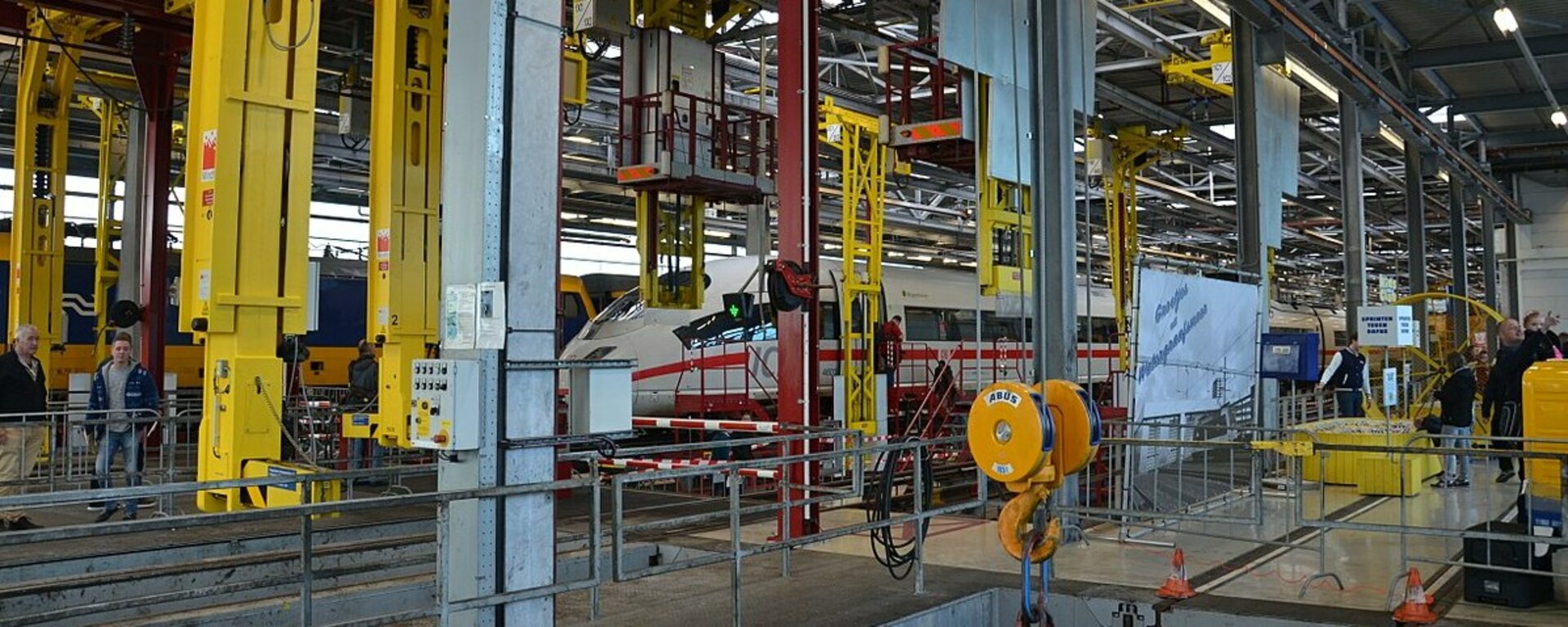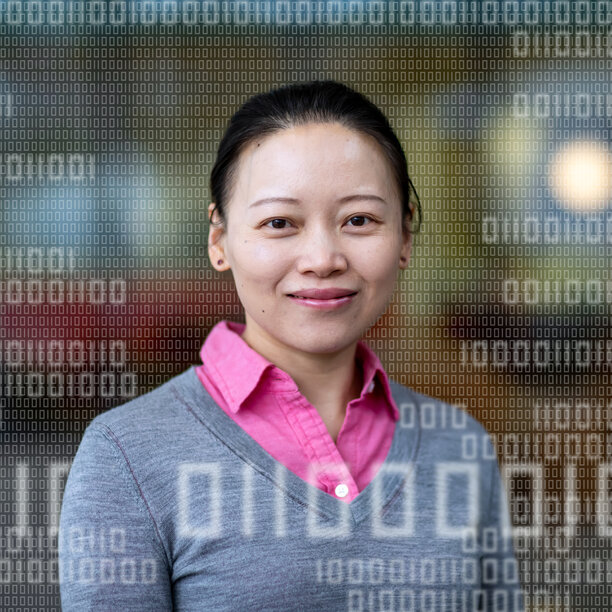Making better decisions with data
Yingqian Zhang is an Assistant Professor in the Information Systems group at Eindhoven University of Technology (TU/e). She is also involved in the work of EAISI, the new institute of TU/e in the field of artificial intelligence. AI plays a crucial role in Yingqian’s research. A short introduction in five questions and answers.
What is your key research question?
My research is on Prescriptive AI for Decision Making, which means that I try to optimize decision making with data. I enjoy solving decision and optimization problems. For instance, I build algorithms to minimize cost and delays in train maintenance. This requires models that predict which train arrives at what time, what the potential issues are, and then decide in what order the trains are sent to the shunting yard for servicing. This is not a trivial matter, as the railwork network is already overloaded and every minute of delay has knock-on effects across the whole system. To help human experts solve these problems, we have developed machine learning algorithms which can obtain optimization models automatically from data. This allows for more useful and realistic models, which in turn leads to more effective and faster decisions.
Another example is online advertising, where decisions which ad to place on what website often need to be taken within milliseconds. My team and I use reinforcement learning to select the most profitable ad network for each ad request. We then use the learned models to study the interaction between advertisers and ad publishers and develop a fairer ad ecosystem.

What is the main challenge in your work?
Traditional decision and optimization models are knowledge based, which means they use domain and expert knowledge to decide what is the best solution. Machine learning provides a powerful tool to enrich these traditional models. However, machine learning algorithms are built to optimize predictions, which may be at odds with the objectives of the decision model, such as minimizing delays or maximizing fairness. The relations that arise from the data may also conflict with the knowledge of domain experts. Integrating data with knowledge-based models requires a new methodology, so that we can derive relations from data that are useful for decision making. This is still quite a challenge, but at the same time it opens up a promising new research direction.
What are the practical applications of your research?
I apply my research to various applications, from allocating transportation tasks in harbors and planning orders in warehouses, to predictive maintenance for machines like trains or airplane engines. Besides efficiency, I try to incorporate societal values in developing decision support systems. In the e-commerce domain, we are building a digital advertising ecosystem to help small and medium-sized companies gain a fair market share in the face of giant players such as Facebook and Google. Our goal here is to build a responsible advertising ecosystem that respects the privacy of users, and is fair to different players.
How do you see the development of AI in the future?
There is no doubt that AI is going to make a huge impact on society and industry. As both optimization and learning technology keep improving, more and more decisions can be automated, and our lives will become more and more efficient. What concerns me is the belief that AI cannot work without Big Data. People often forget that data contain bias and mistakes. Pure data-driven models should not be trusted without question, and a complex, black-box predictive model could be even dangerous in many situations, because we don’t know how and why a certain decision is made.
Why should any AI researcher want to work at the TU/e?
With a strong link to industry, TU/e has a perfect environment for AI researchers to test and implement their ideas in collaboration with industry. I also really appreciate the great opportunity TU/e offers me to easily work with researchers from different groups, and the openness of the research environment. Unfortunately, women are still underrepresented in AI. But TU/e has put lots of effort on promoting gender equality. Now is a great opportunity for women AI researchers to come to work at TU/e.
Help us make better decisions
Are you interested in the work of EAISI? Want to join Yingqian in making decisions better with data? Either as a student or an academic? Check out what TU Eindhoven has to offer.
